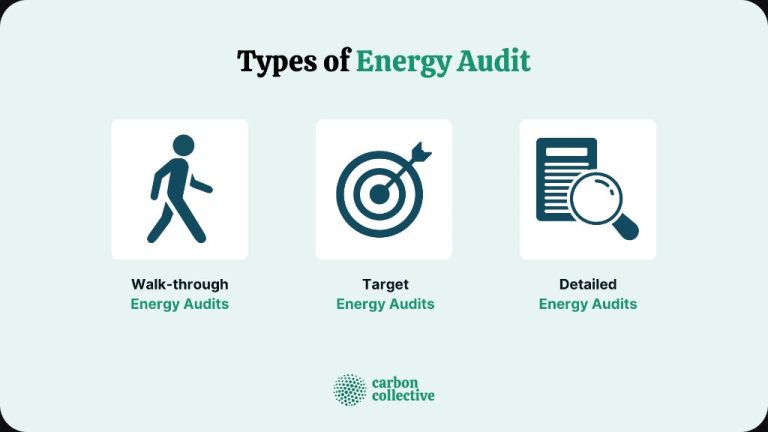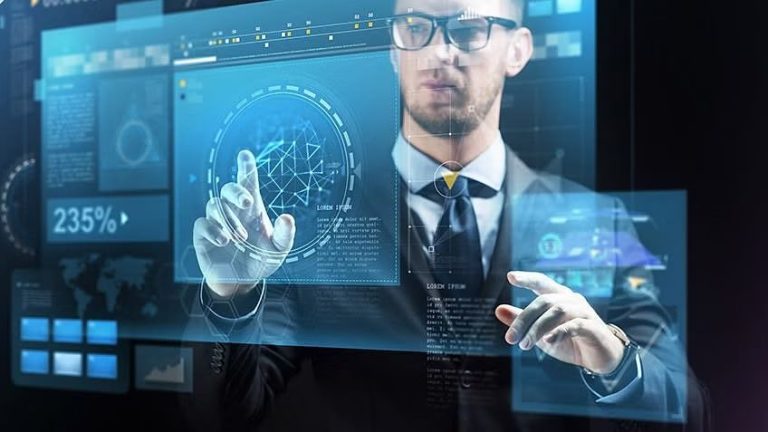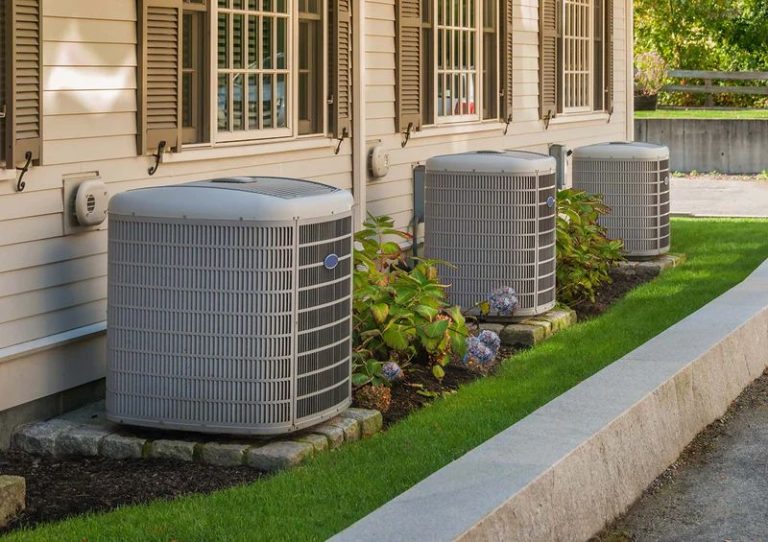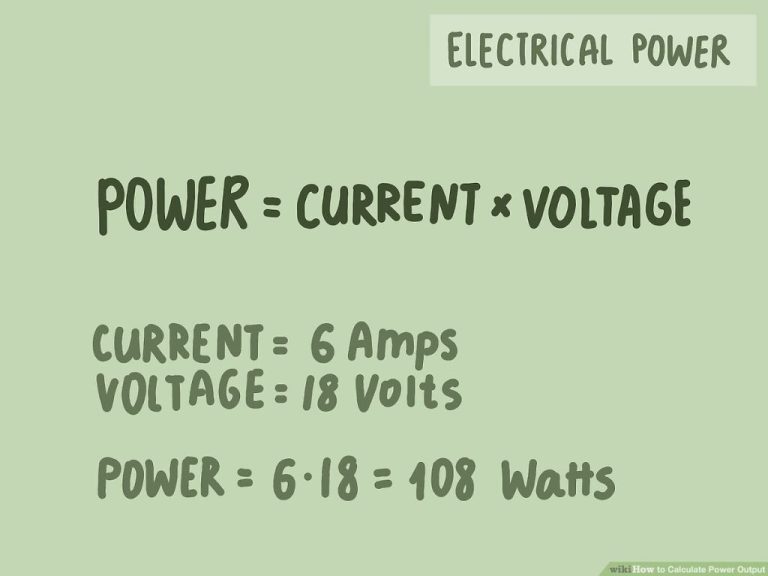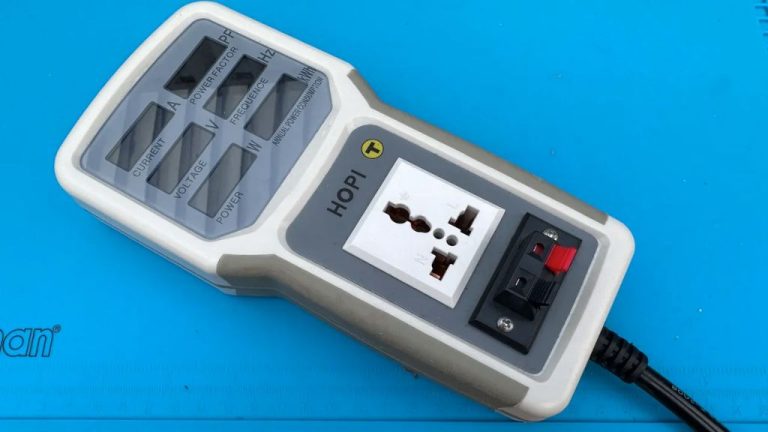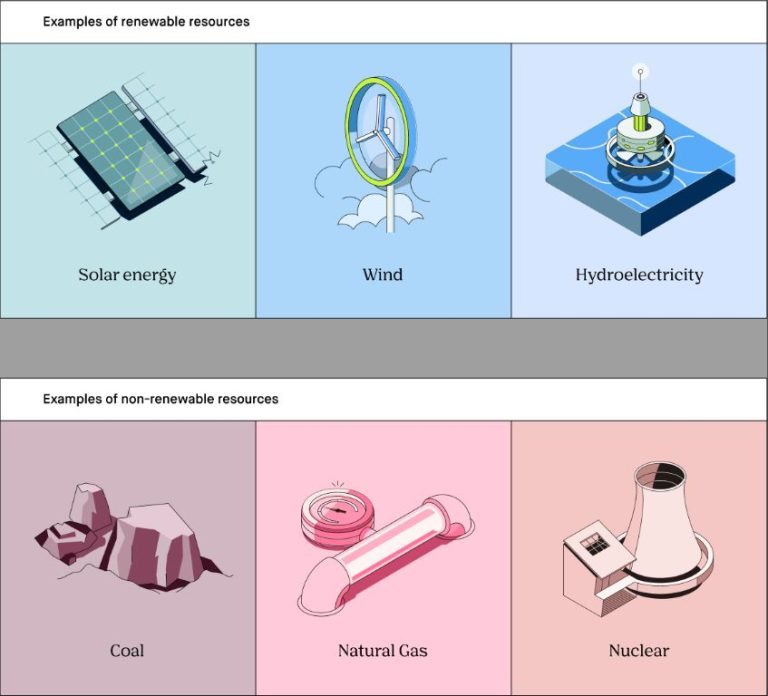Is Electric Power And Energy The Same?
Electric power and electric energy are fundamental concepts in physics and engineering that are often confused as being the same thing. However, while related, they refer to distinct physical quantities with different units and meanings. This article will explain the key differences between electric power and electric energy, provide illustrative examples, and discuss why the two are often conflated in everyday language.
Define Electric Power
Electric power refers to the rate at which electricity is generated, transmitted, distributed or consumed. It is measured in watts (W), where 1 watt is equal to 1 joule of energy consumed per second. For example, a 100-watt light bulb consumes 100 joules of electrical energy every second when operating.
Some other common units used to measure electric power include:
- Kilowatt (kW) = 1000 watts
- Megawatt (MW) = 1 million watts
- Gigawatt (GW) = 1 billion watts
Electric power describes the instantaneous rate of energy flow, not the total amount of energy delivered over time. A light bulb with higher wattage has a greater rate of energy consumption at any moment, so it is considered to have higher electric power.
Give Examples of Electric Power
Some common examples of electric power in everyday life include:
- Lightbulbs – The wattage rating on a lightbulb indicates how much electric power it consumes.
- Appliances – Devices like refrigerators, microwaves, and hairdryers all require electric power to operate.
- Electronics – Televisions, computers, and video game consoles all use electric power.
- Motors – Electric motors in devices like blenders and washing machines need power to run.
- Heating/Cooling – Electric heaters, air conditioners, and fans require power to produce heating or cooling effects.
In general, any electrical device plugged into a wall outlet is using electric power to function.
Define Electric Energy
Electric energy refers to the actual amount of electricity delivered or consumed over a period of time. It is measured in units of watt-hours (Wh). For example, if a 100-watt light bulb is left on for 1 hour, it has consumed 100 watt-hours of electric energy.
Other common units used to measure electric energy include:
- Kilowatt-hour (kWh) – Equal to 1,000 watt-hours
- Megawatt-hour (MWh) – Equal to 1,000,000 watt-hours
- Gigawatt-hour (GWh) – Equal to 1,000,000,000 watt-hours
On your monthly electric bill, the units used are typically kilowatt-hours. This represents the total electric energy in kilowatt-hours that you consumed over the billing period.
Give Examples of Electric Energy
Electric energy refers to the actual amount of electricity that is consumed over a period of time, which is typically measured in kilowatt-hours (kWh). For residential and commercial utility customers, electric energy usage is what appears on your monthly electricity bill.
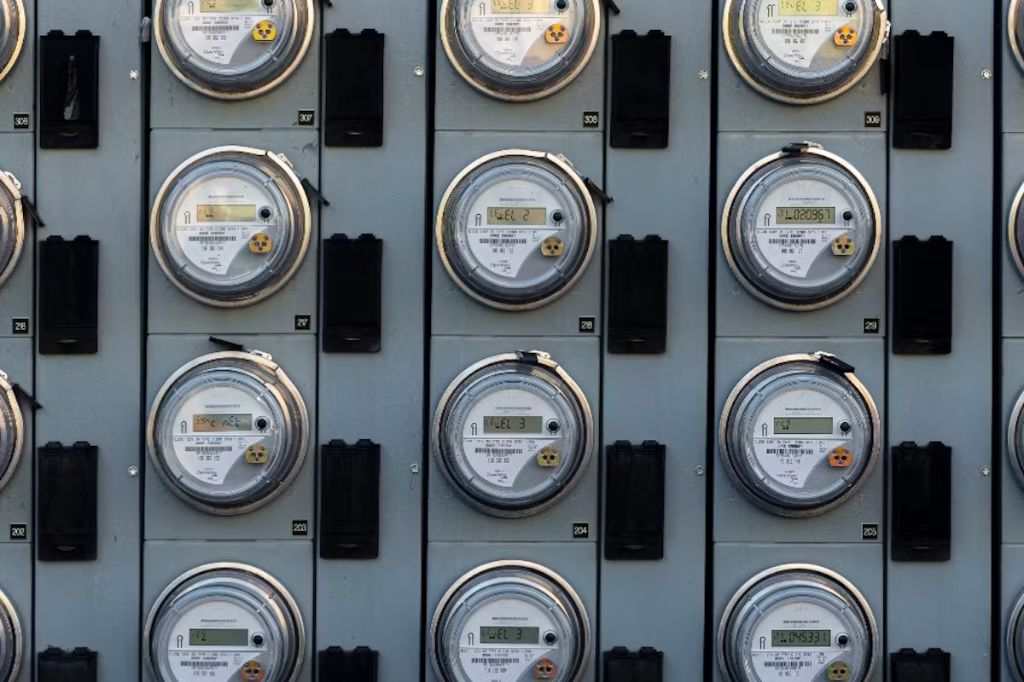
Electric utilities measure electric energy consumption using a meter installed at your home or business. The electric meter keeps track of the amount of energy used over a billing period, such as a month. Your energy usage is then calculated based on the number of kWh consumed.
Higher energy consumption leads to a higher electricity bill. Factors that affect energy usage include the number and types of appliances and electronics used, settings like air conditioning temperatures, and the efficiency of equipment and lighting. By being mindful of electric energy consumption, many customers can reduce their monthly bills.
The Relationship Between Electric Power and Energy
Electric power and electric energy are closely related, but they are not the same thing. Power refers to the rate at which electric energy is transferred or consumed. It describes how quickly or slowly energy is being used at any given moment.
An analogy can help explain the difference. Power is like the speed of a vehicle, while energy is like the distance traveled. A car traveling at 50 miles per hour has more power than a car traveling at 25 miles per hour. But a car that travels 100 miles has used more energy than a car that travels 50 miles, even if they were going at the same speed.
So in the electrical world, power (watts) is the instantaneous rate at which electricity is used or generated. Energy (watt-hours) is the total amount of electricity consumed or produced over time. Power describes the speed of energy flow, while energy quantifies the total amount transferred.
Analogy
A helpful analogy to understand the difference between electric power and electric energy is to compare them to speed and distance traveled. Electric power is like your speed – it refers to the rate at which you are using or generating electricity at any given moment, measured in watts. Just like your speed can vary as you drive, the electric power needed or produced can go up and down over time.
On the other hand, electric energy is like the total distance traveled over a period of time. It refers to the total amount of electricity consumed or generated over time, measured in watt-hours. Even if your speed is constantly changing, you can still calculate the total distance traveled by integrating your speed over the total trip time. Similarly, by integrating electric power usage over a time period, you get the total electric energy used over that time.
So in summary, electric power is like instantaneous speed, while electric energy is like total distance traveled. This analogy helps explain how power and energy are related but distinct concepts.
Practical Implications
The difference between electric power and energy is important for practical purposes like billing and appliance use. Electricity providers bill customers based on the amount of electric energy used over a period of time, usually measured in kilowatt-hours (kWh). The power rating of appliances and devices indicates the rate at which they consume electric energy. An appliance with a higher power rating will consume energy faster and impact your electricity bill more.
Understanding the distinction also helps explain why energy efficient appliances are beneficial. For example, an LED light bulb may have a lower power rating than an incandescent bulb, but produce the same amount of light. Since the LED bulb consumes less power, it uses less electric energy over time, saving you money.
Power demand charges for commercial electricity customers are also based on the peak power draw, not total energy usage. So reducing peak power demand, while maintaining the same energy usage, can lower costs.
In summary, knowing the difference between power and energy helps consumers make informed choices about appliances, interpret electricity bills properly, and find opportunities to save.
Common Confusion
Many people mix up the terms “electric power” and “electric energy,” using them interchangeably. This is understandable since they are closely related concepts in electrical engineering and physics. However, there is an important distinction between the two:
Electric power refers to the rate at which electricity is generated, transmitted, distributed or consumed. It is measured in watts (W). For example, a 100W light bulb consumes electric power at a rate of 100 watts.
Electric energy, on the other hand, refers to the total amount of electricity delivered over a period of time. It is measured in watt-hours (Wh). For example, that same 100W light bulb consumes 100 watt-hours of electric energy if left on for 1 hour.
So in summary, electric power is an instantaneous rate, while electric energy is a quantity accumulated over time. This confusion often arises because in everyday language, “power” and “energy” are interchangeable. But in physics and engineering, it is important to distinguish between the two related concepts. Keeping them straight will provide greater clarity when working with electrical systems and calculations.
Conclusion
In summary, electric power and electric energy are related but distinct concepts. Electric power refers to the rate at which electricity is transferred or converted per unit time, measured in watts. It describes the instantaneous delivery of energy. Electric energy, on the other hand, refers to the total amount of electricity delivered over a period of time, measured in watt-hours. It describes the accumulation of energy over time.
While power and energy are related through their units, they answer different questions – power tells you how quickly energy can be used or transmitted, while energy tells you the total amount available or consumed. Keeping the definitions and units straight is important for understanding electricity usage and costs. The key takeaway is that power and energy, though connected, are fundamentally different characteristics of electricity.

